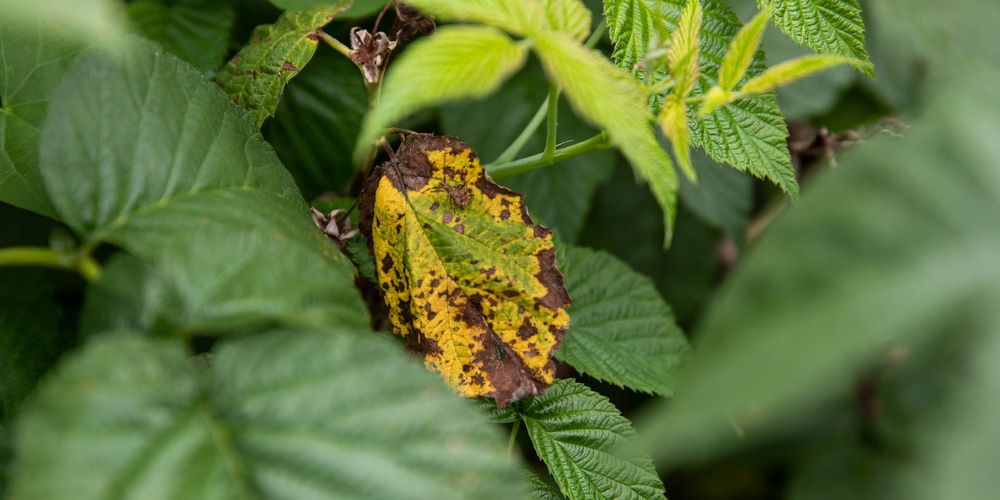Table of Contents
show
Best Time to Plant Raspberries in MN
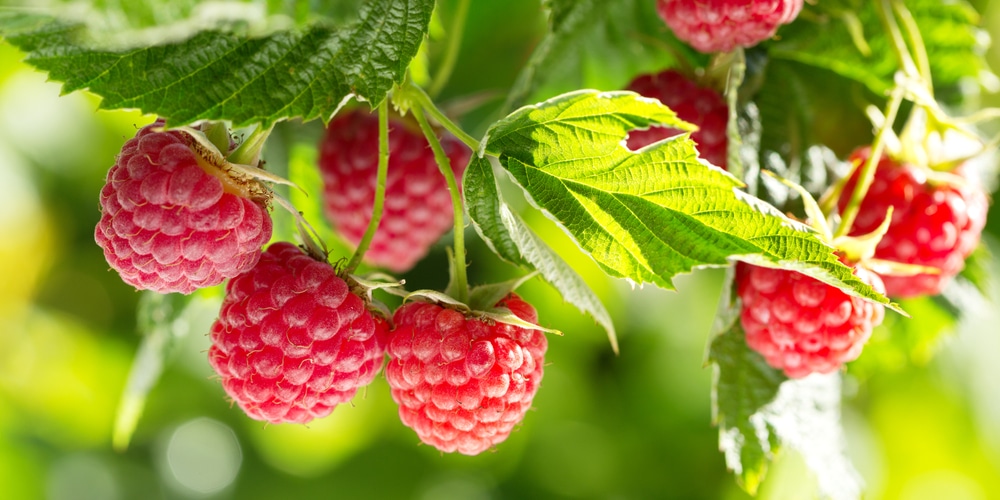
Raspberry Planting Best Practices
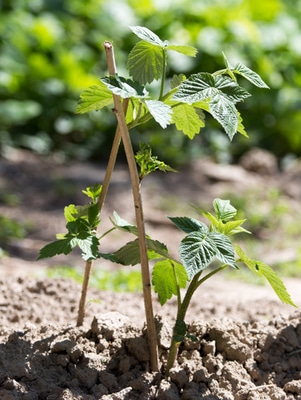
Step 1. Pick A Location For Your Raspberries
Because of how raspberry plants spread out, it’s best to arrange them into rows rather than clusters. This way, you’ll be able to harvest more fruit per square foot of land! Also, make sure that they are positioned so that no matter which direction the row faces, there will be at least 6 hours of sun each day. When you choose your location for your raspberry garden, also consider how much space you’ll need for other fruits and vegetables you’ll be growing. If you plant them closer than 6 feet apart, your raspberry canes may start to fight over space and sunlight with the rest of your garden.Step 2. Prepare Your Raspberries’ New Home
Dig up your bed in preparation for planting the raspberry bushes. Remove any grass or weeds that are already there, then loosen up the soil with a shovel or pitchfork so that when you add the new raspberry plants, their roots will have easy access to water and nutrients! It’s also important to note whether or not this spot gets full sun all day long – if it doesn’t get enough light, your raspberry bushes will be too spindly to yield raspberries!Step 3. Plant Your Raspberries
Fill your garden or planting plot with a mixture of peat moss and compost – this way, your raspberry roots will have plenty of water and nutrients throughout the growing season. Make sure that there is at least a foot between each raspberry plant – these canes can get quite large! The best time to plant raspberries in Minnesota is during the early spring. This is because they are not easily damaged by frost.Types of Raspberries That Grow in Minnesota
There are two types of raspberry plants: summer bearing and fall-bearing. Summer-bearing plants produce fruit in late June or early July, while fall-bearing plants produce fruit in the fall, usually in September or October. Which type of raspberry plant is better for you depends on what you want from your raspberries. If you want a lot of fruit in a short period of time, then summer bearing is the way to go. However, if you want a steady stream of fruit throughout the season, then fall-bearing is the better option. Both types of raspberry plants have their pros and cons and grow well in Minnesota, so it is up to you to decide which one is best for your needs. Consider what kind of growing conditions your plants will have and how much space you can dedicate to raspberry plants. Make sure that you know which type of raspberry plant your local garden center has, as well as what other people in your neighborhood are growing. Minnesota is in the plant hardiness zones 3a to 5a. Here’s where you can find the hardiness zone for your county.Some types of summer bearing raspberries include:
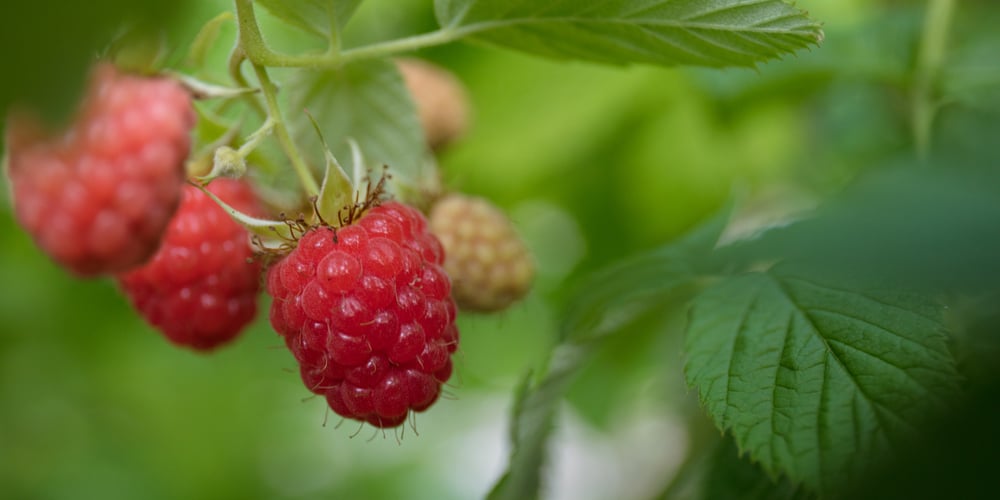
- New England – produces fruit in June and July; large yields; needs fertile soil with good drainage; hardy from zones 3 to 7
- Heritage – produces fruit after New England, sometimes producing right up until frost; hardier than other types, able to withstand colder weather; less susceptible to root rot than many other types
- Elliot – ripens early and often throughout the season; good for warmer climates and areas where summer heat is a problem for other types of raspberries
Some types of fall bearing raspberries include:
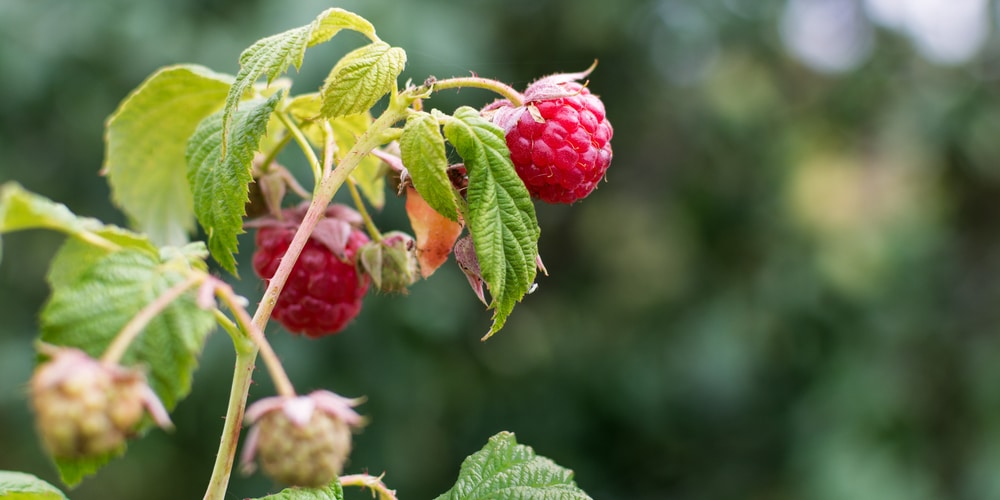
- Autumn Bliss – ripens in late August and September; good for colder climates; hardy in zones 3 to 7
- Loganberry – a hybrid of raspberry and blackberry; ripens in early to mid-summer; good for both warmer and cooler climates; hardy in zones 5 to 8
- Heritage – see summer bearing plants, listed above
Common Raspberry Diseases
